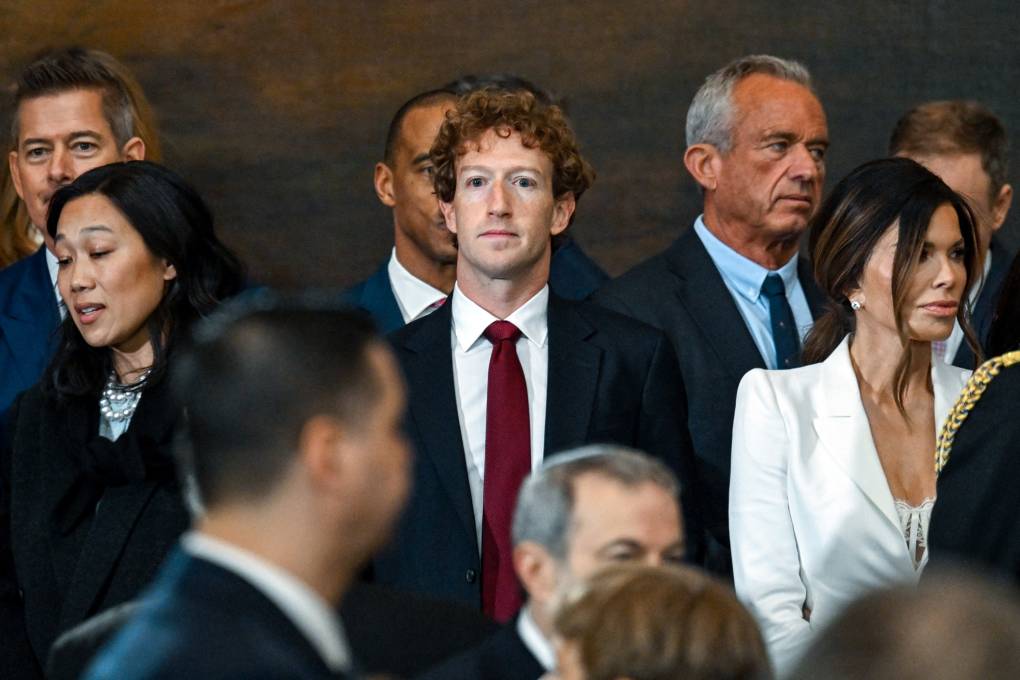
By that point, Doctorow explains, that both users and advertisers are locked in to continued use of the platform; advertisers, because they value the market share the company dominates; consumers, because it’s difficult to replicate their social network elsewhere and they’ve posted a lot of personal history that can’t easily be shifted elsewhere.
“Imagine Meta is a castle, and they want to maintain their kingdom, so they build this moat around their monopoly, so no one else can access their users or take them away,” said Jen Howard, who was chief of staff at the FTC under former chair Lina Khan. Before that, Howard was at the agency when the case was opened under Joe Simons, the FTC chair during the first Trump Administration.
In the transition from desktop to mobile, Facebook was caught “flat-footed,” Howard argues.
“They didn’t have the technical talent to make Facebook a popular mobile app,” Howard said. “They panicked, absolutely panicked, and they decided to buy their way to the top.”
Meta, for its part, argues the FTC’s case “ignores how the market actually works and chases a theory that doesn’t hold up in the real world.”
Jennifer Newstead, Meta’s chief legal officer, posting on Sunday, wrote that the company has invested vast technical resources into making Instagram and WhatsApp better products, and “in reality, more time is spent on TikTok and YouTube than on either Facebook or Instagram — if you only add TikTok and YouTube into the FTC’s social media market definition, Meta has <30% market share>
This post was originally published on this site be sure to check out more of their content







